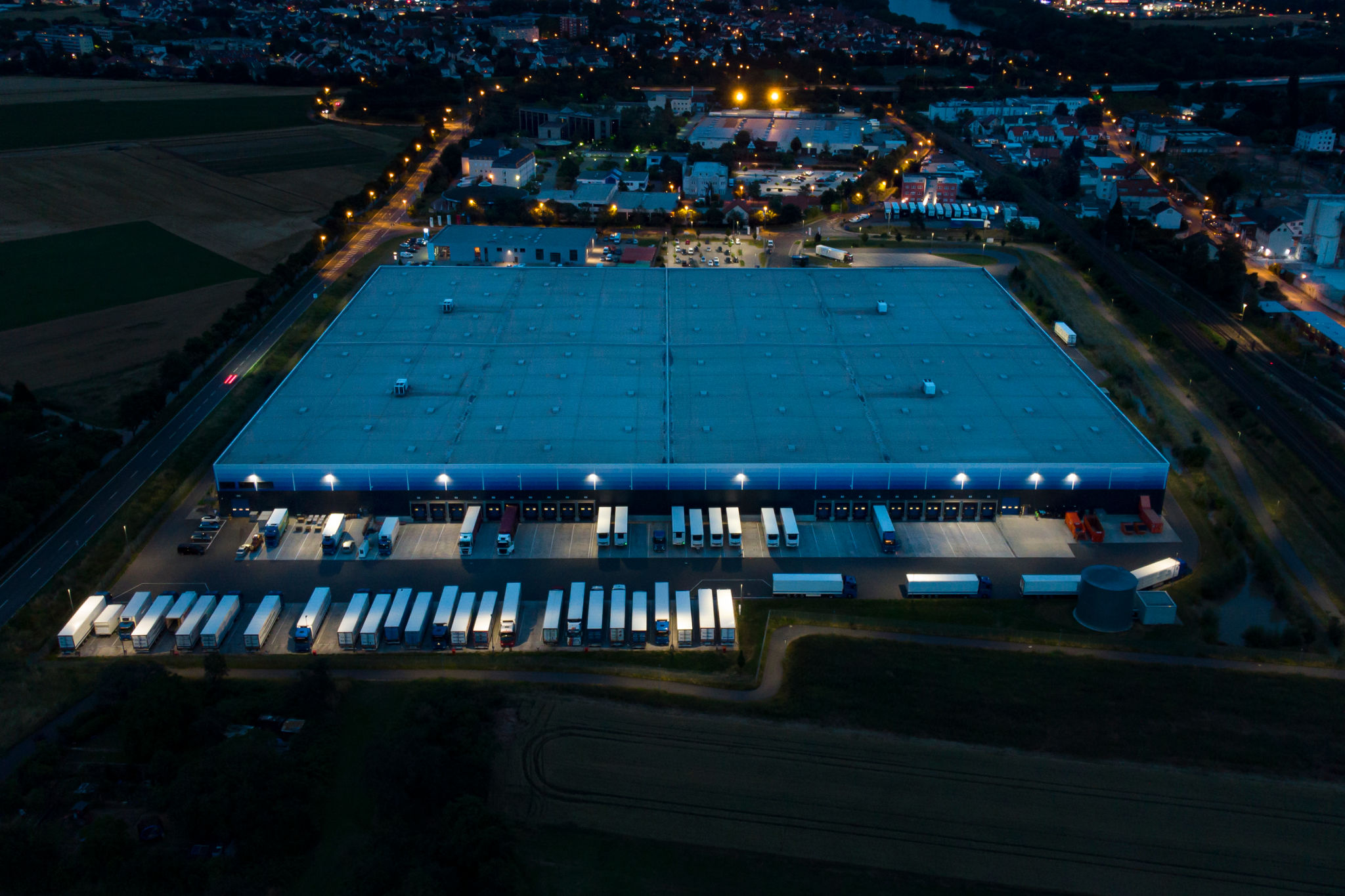FBA Logistics in Dubai: What Amazon Sellers Need to Know
Understanding FBA Logistics in Dubai
As an Amazon seller, diving into the international market can be a rewarding venture, and Dubai presents a lucrative opportunity. However, understanding the logistics involved in Fulfillment by Amazon (FBA) in this vibrant city is crucial. Dubai's strategic location and state-of-the-art infrastructure make it an ideal hub for distribution, but sellers need to be aware of several key aspects to make the most of this opportunity.

The Advantages of Using FBA in Dubai
One of the main advantages of using FBA in Dubai is the access to a robust distribution network. The city's advanced logistics infrastructure facilitates efficient shipping and handling. Moreover, Dubai's free trade zones offer significant benefits, including exemptions from import duties and streamlined customs processes. These factors contribute to reduced costs and faster delivery times, enhancing customer satisfaction.
Customs Regulations and Compliance
Before jumping into the Dubai market, it's important to understand the local customs regulations. Compliance with these regulations ensures that your products move smoothly through customs without incurring delays or fines. Sellers must familiarize themselves with required documentation, prohibited items, and any specific labeling or packaging standards enforced by UAE authorities.

Managing Inventory Efficiently
Efficient inventory management is crucial for success in any market, and Dubai is no exception. Amazon's FBA service can help streamline this process by handling storage, shipping, and customer service on your behalf. However, sellers need to maintain optimal stock levels to avoid additional storage fees or stockouts. Utilizing Amazon's inventory management tools can provide valuable insights and help you make data-driven decisions.
Shipping Options and Costs
Understanding the various shipping options available is essential for optimizing costs and delivery times. Whether you choose air, sea, or land transportation, each option has its own advantages and challenges. Sellers should evaluate the cost implications of each method and choose one that aligns with their business model and customer expectations.

Leveraging Local Knowledge
Having a local presence or partnering with a local logistics expert can provide invaluable insights into the nuances of the Dubai market. These partnerships can assist with navigating cultural nuances, understanding consumer behavior, and ensuring compliance with local regulations. Establishing strong local connections can give your business a competitive edge.
Dealing with Returns and Customer Service
Handling returns efficiently is a key component of maintaining customer satisfaction. Amazon FBA offers solutions for managing returns, but sellers should have a clear understanding of return policies specific to the UAE market. Providing excellent customer service is paramount; thus, leveraging Amazon's customer support can enhance your brand's reputation.

Scaling Your Business in Dubai
Once you've established a foothold in the Dubai market, scaling your business is the next step. By continuously analyzing market trends and consumer preferences, sellers can expand their product offerings and reach a broader audience. Utilizing Amazon's advertising tools can also boost visibility and drive sales growth.
In conclusion, while the logistics of operating FBA in Dubai may seem complex initially, the potential rewards are significant. By understanding local regulations, optimizing inventory management, and leveraging the city's strategic advantages, Amazon sellers can successfully tap into this dynamic market.